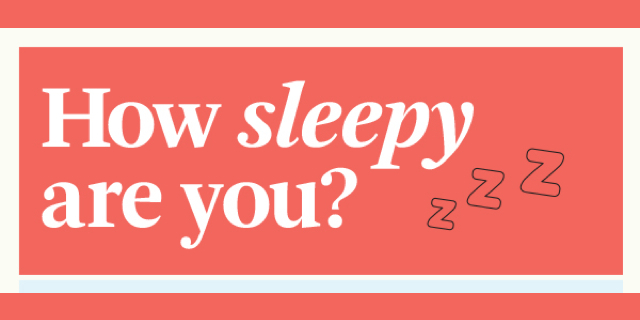In a previous post, Why do we sleep? we puzzled through the purpose of sleep for our bodies.
In a recent TED talk, neuroscientist Lisa Genova (see her talk below) connects the dots explaining how good sleep clears out the toxic amyloids that are associated with Alzheimer’s. (learn more about Alzheimer’s here)
“In slow-wave deep sleep, our glial cells rinse cerebral spinal fluid throughout our brains, clearing away metabolic waste that accumulated in our synapses while we were awake. Deep sleep is like a power cleanse for the brain. But what happens if you shortchange yourself on sleep? Many scientists believe that poor sleep hygiene might actually be a predictor of Alzheimer’s. A single night of sleep deprivation leads to an increase in amyloid beta. And amyloid accumulation has been shown to disrupt sleep, which in turn causes more amyloid to accumulate. And so now we have this positive feedback loop that’s going to accelerate the tipping of that scale.”
Here is Lisa Genova’s Ted talk.
There are other associations between sleeplessness and disorders like hypertension. A recent study found a “significant link between shorter duration of sleep and mortality rates in patients with hypertension.” In another research study, obstructive sleep apnea was more common in people with type 1 diabetes. Obstructive sleep apnea is a sleep disorder in which a person stops breathing or their breathing is slowed during sleep.
Sleepiness Quiz
If you’re like me and suddenly finding yourself wanting to nap on a daily basis, you may need to take a look at this infographic. Created by the Cleveland Clinic, it incorporates a daytime sleepiness quiz to help you figure out if you should seek further help from your physician. The infographic also has useful tips for making your environment more sleep-friendly.






